Five Reasons School Farms Fail In Africa
| 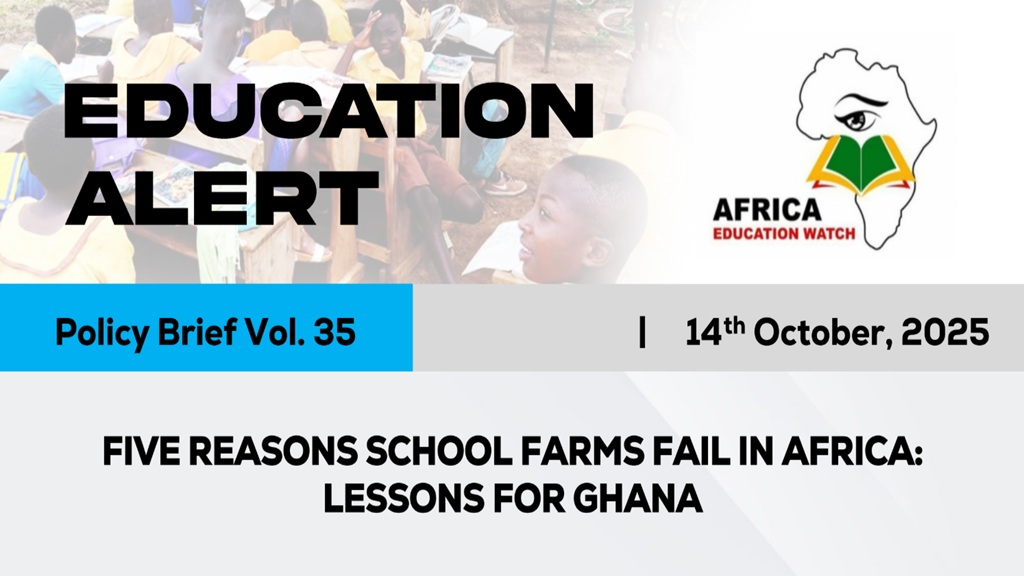 | |
|
Education Alert Volume 35
On Tuesday October 14, Eduwatch published Volume 35 of the Education Alert Policy Brief, titled Five Reasons School Farms Fail in Africa. The Brief reveals that most school farms across Africa, including Ghana, have struggled due to inadequate funding, weak technical capacity, poor curriculum integration, insecure land tenure, and weak management.
The Brief notes that Ghana’s School Farm Initiative (SFI), which was launched by the President on 21st October 2025, seeks to address these challenges by improving food security and promoting experiential agricultural education.
The Brief is available via the link below:
https://africaeducationwatch.org/alert/education-alert-vol-35-a
© Africa Education Watch | |
|
|
|
Eduwatch Publishes Findings From Its 2025 Independent WASSCE Survey
| 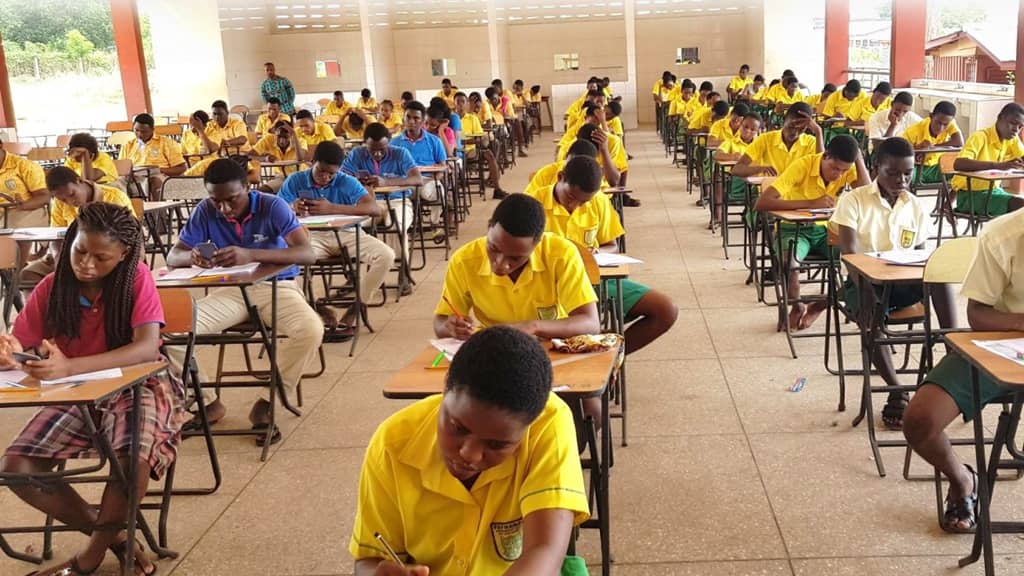 | |
|
On Tuesday October 28, Eduwatch, as part of its monitoring of the 2025 WASSCE, published a brief on the conduct of an Independent Survey of the examination from 150 centers across Ghana.
The survey details monitors’ observations on invigilation, supervision and examination malpractice, and provides recommendations for improvement.
The survey findings are available via the link below:
https://africaeducationwatch.org/publication/2025-independent-wassce-monitoring-survey
© Africa Education Watch
| |
|
|
|
Eduwatch Engages MoE To Finalize Inputs Into The ESMTDP (2025-2029)
| 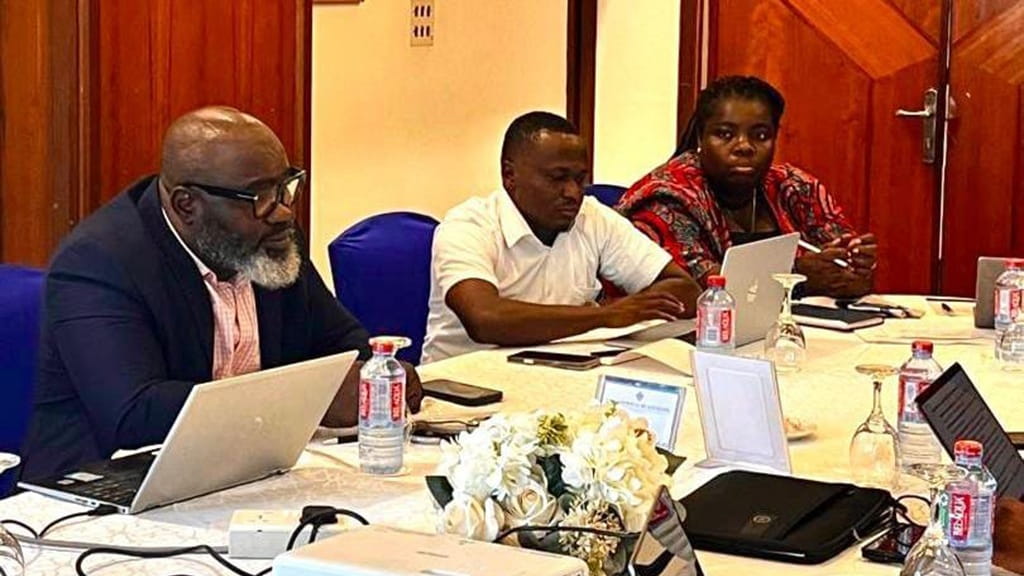 | |
|
On Thursday, October 30 2025, Eduwatch met with the leadership of the PPBME Directorate of the Ministry of Education (MoE) to finalize its inputs into the Education Sector Medium-Term Development Plan [(ESMTDP) (2026–2029)].
The meeting followed Eduwatch’s FCDO-supported review of key education indicators across 14 deprived and endowed districts. Similar high-level engagements had already been held with the Minister for Education and the Parliamentary Select Committee on Education.
Eduwatch’s proposals focused on equity-focused targets, separating goals for deprived districts, and introducing a super indicator to measure the attainment gap between national outcomes and those of deprived districts.
The Executive Director, Kofi Asare indicated the Organization's commitment to continue supporting the MoE and the Ghana Statistical Service to finalize the new classification of deprived districts based on standard indicators, including the Multidimensional Poverty Index (MDPI). We made a case for expanding the indicators and targets in the Result Framework to cover key education inputs; Electricity, Internet, Textbooks, Desks, Gender Friendly Toilet Facilities, ICT facilities in schools, and Out Of School Children indicators, while including same in the EMIS, to enable annual performance monitoring.
Follow up meetings will be held with the MoE this week to finalize the Plan.
© Africa Education Watch
| |
|
|
|
Eduwatch Validates Findings Of Its Out Of School Children Census In Northern Ghana
| 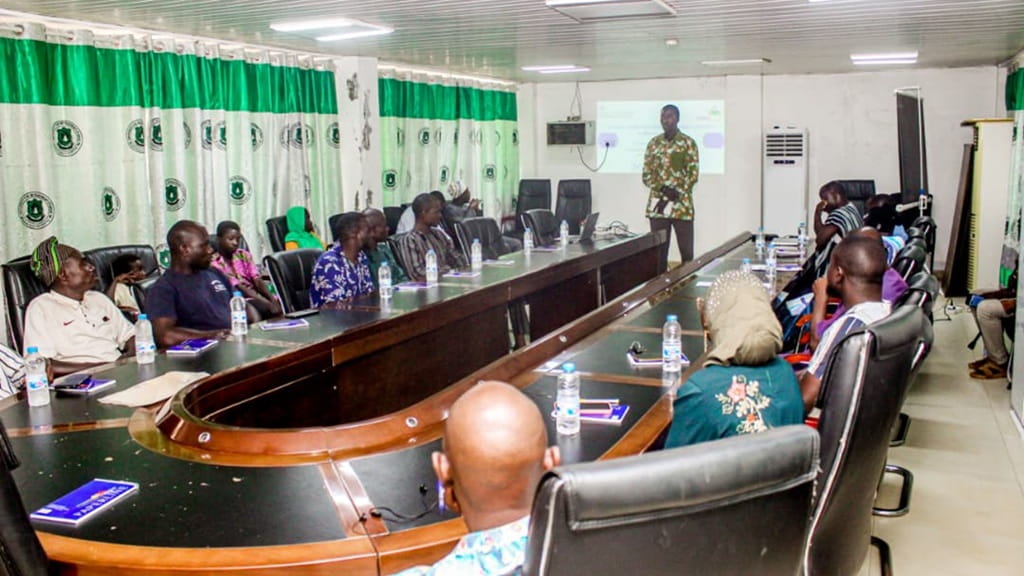 | |
|
On Thursday, October 30, Eduwatch held a stakeholder engagement to validate the findings of an Out-Of-School Children (OOSC) Census in Northern Ghana, conducted earlier this year. The validation workshop was held at the University for Development Studies in Tamale.
With support from the Foreign, Commonwealth and Development Office (FCDO) and in partnership with STAR-Ghana Foundation, Eduwatch has conducted this OOSC Census across 20 districts from Ghana’s five (5) Northern regions to provide current, community-level evidence for planning and policy action. The census assessed the prevalence, demographic characteristics, and barriers associated with the phenomenon, after four (4) years of implementing OOSC remedial interventions within the context of the current Medium Term (2022-2025).
Key Findings from the Census include the following;
1. Prevalence of Out-of-School Children: The census identified 3,536 out-of-school children across 200 communities within the five (5) northern regions. The Upper East and Northern Regions accounted for over 70 per cent of all cases, highlighting the concentration of OOSC in deprived districts.
2. Age and Gender Distribution: Children aged 15 to 17 formed over 40 per cent of all OOSC, showing a higher dropout rate among older learners. Boys (59.9%) were more likely to be out of school than girls (40.1%), suggesting persistent gender disparities.
3. Barriers to Schooling: Key barriers included financial constraints, inadequate educational infrastructure, long distances to school, and socio-cultural practices that discourage consistent attendance, particularly among girls.
4. Community-Level Insights: Many households cited limited livelihoods and seasonal migration as factors influencing school absenteeism. School-level issues such as teacher shortages and lack of teaching materials were also prevalent in deprived communities.
5. Link to Education Sector Planning: The data revealed weak alignment between district education planning and national OOSC interventions, leading to gaps in targeting and sustainability of existing programmes.
Stakeholders reiterated key dynamics and findings from the Census, and validated same. The Census report will be finalized and published for stakeholder engagements in the coming days. Eduwatch will also hold a national dissemination of the Census findings at a convening later this month in Accra.
Participants in the validation workshop included Parents, Out-of-School Children (some of whom had enrolled in CBE Programmes), Traditional Authority, representatives from the Ghana Education Service, Complementary Education Agency, and Civil Society.
The outcomes of the Census has informed Eduwatch’s ongoing policy engagements with the Ministry of Education and the National Development Planning Commission in the development of the next Education Sector Medium-Term (2026-2029).
© Africa Education Watch
| |
|
|
|
Eduwatch Participates In Oxfam's Education Advocacy Workshop In Kenya
| 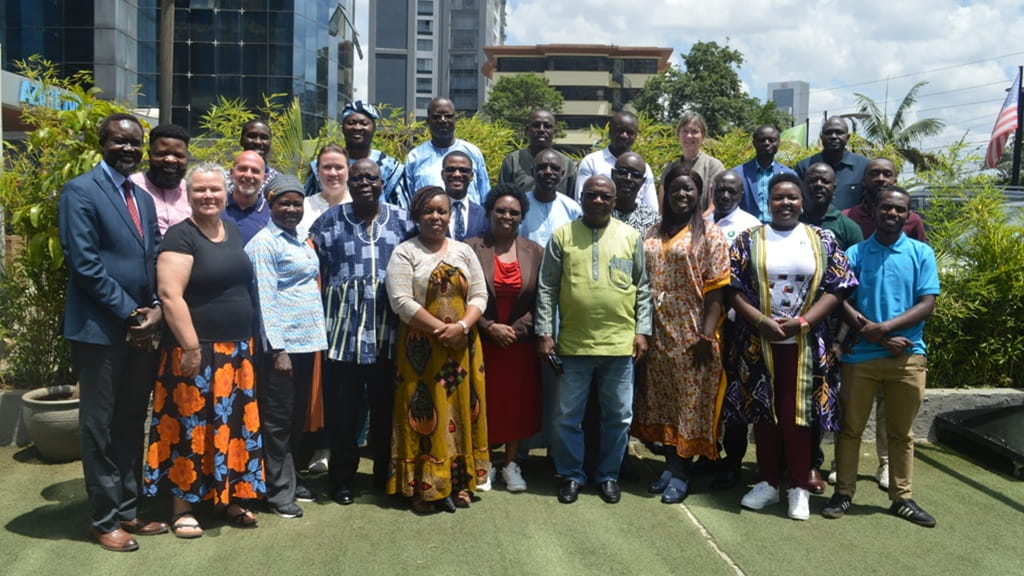 | |
|
From Monday November 3 to Thursday November 6, Eduwatch participated in an Education Advocacy Workshop in Nairobi, Kenya, organized by Oxfam Danmark. The workshop aimed to strengthen the advocacy capacity of Oxfam country teams and partners, to inform its regional and global education advocacy work.
Representatives from Oxfam-supported Civil Society Organizations (CSOs) and country offices, youth networks, coalitions, and international partner organizations attended the workshop, to strengthen collaboration and enhance education advocacy efforts across the African region.
Eduwatch Programme Officer, Kwasi Nimo Jnr, shared lessons and insights from the Organization's national-level work in influencing Education Financing across various subsectors in Ghana's education system. He highlighted key successes achieved through Eduwatch's policy research and advocacy work across the subregion.
On Wednesday November 5, participants embarked on a field trip to the Kibiko Primary School - a model basic education institution blazing the trail in the fight against climate change, through collaboration with the Kenyan Forestry Commission and security agencies. Participants were involved in a tree-planting exercise to promote environmental sustainability on the school's premises.
The workshop was attended by representatives from Ghana, Burkina Faso, Uganda, Kenya, Denmark, Niger, Rwanda, South Sudan, and Zimbabwe. Team Ghana was represented by OXFAM in Ghana, Eduwatch, Norsaac, and the All-Africa Students UNION.
#PolicyImpact #EvidenceBasedPolicy #ResearchForEducation
© Africa Education Watch
| |
|
|
|
Eduwatch Introduces Continuous Education Promise Tracking For Greater Accountability
|  | |
|
Eduwatch’s tradition of releasing the Summative Education Promise Tracker at the end of each political tenure is changing.
We will no longer wait four (4) years to publish our assessment of the delivery of education promises.
Policy evaluation and accountability should itself influence performance and must be transparent in process.
Under the new approach, an online Education Promise Tracker will be launched on 7th Jan 2026, to coincide with Year 1 of the new government.
The Tracker dashboard will capture all education-related commitments in the ruling government’s manifesto, the State of the Nation Address, budget statements, and public pledges by the President and the Minister for Education.
With about 150 promises scoped so far, the tracker will go live after its launch and be updated twice a year with new commitments and verified progress reports from ministries, agencies, and communities.
This will strengthen transparency, promote formative policy assessment and accountability, and improve acceptance of results.
© Africa Education Watch | |
|
|
|
|